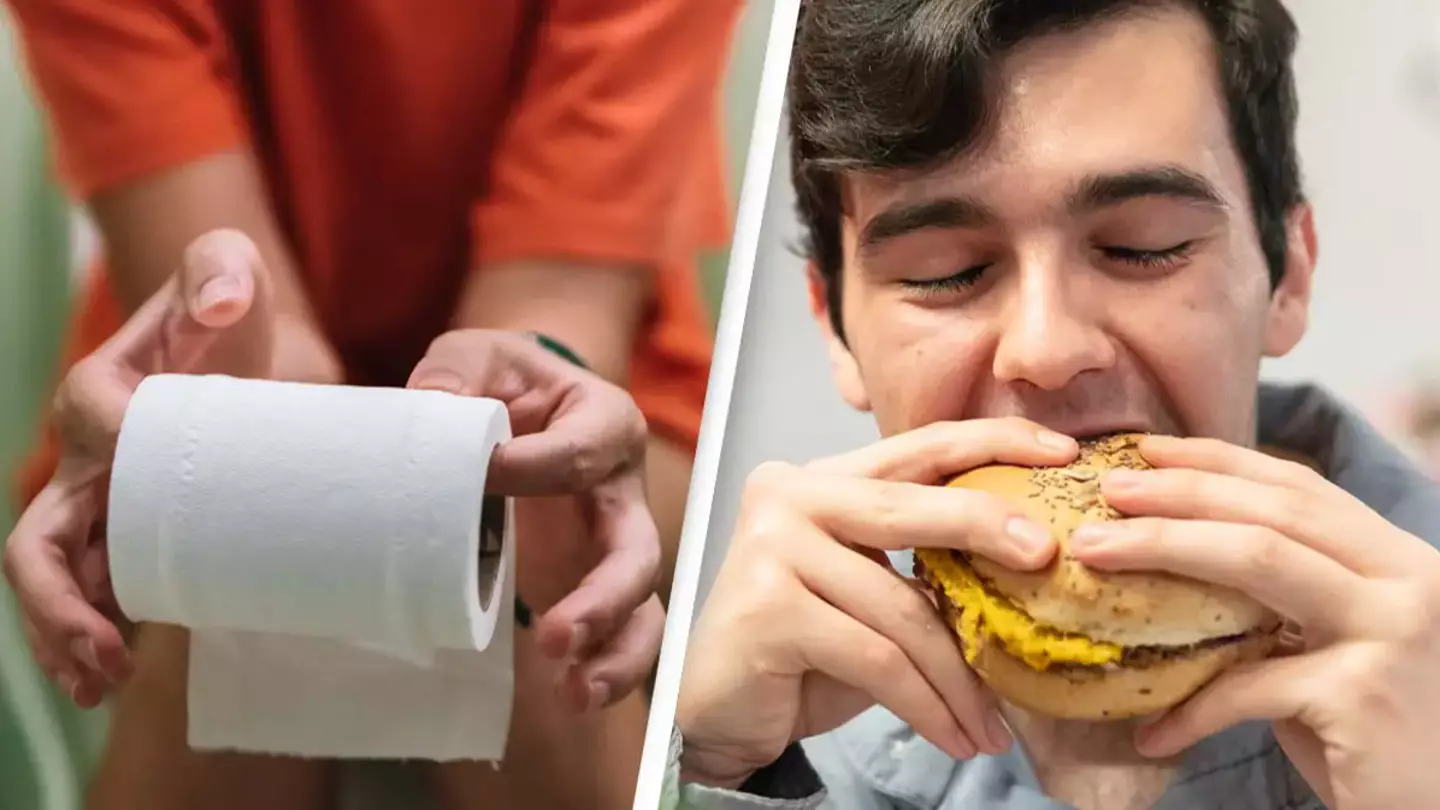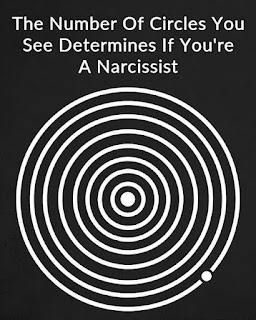Have you ever experienced the sudden urge to defecate immediately after eating? If so, you’re not alone. This phenomenon is more common than you think, and it’s linked to a natural bodily function called the gastrocolic reflex. But what exactly is this reflex, and why does it happen?
The gastrocolic reflex is a physiological response that occurs in the lower gastrointestinal tract after eating. It’s a natural process that helps prepare the body for upcoming meals by stimulating bowel movement. According to medical experts, this reflex is triggered when the stomach contracts after eating, sending signals to the brain, which then sends a signal to the colon to shrink and make way for the incoming food.

However, for some individuals, the gastrocolic reflex can be exaggerated, leading to discomfort, pain, or diarrhea immediately after eating. This is particularly true for those with irritable bowel syndrome (IBS), a disorder that affects the gastrointestinal tract and can cause a range of symptoms, including abdominal pain, bloating, and constipation.
So, what can you do to alleviate the symptoms of an overactive gastrocolic reflex? Dr. Salhab recommends avoiding trigger foods that can upset the digestive tract, such as carbonated beverages, citrus-based foods, dairy products, and fried or greasy foods. These items can exacerbate the problem, especially in individuals with heightened sensitivity.

In conclusion, the urge to defecate immediately after eating is usually a sign of the gastrocolic reflex, a natural bodily function. However, if this reflex causes significant discomfort or affects your daily life, it’s essential to consult a medical practitioner to rule out underlying conditions like IBS. By making small changes to your diet and understanding the gastrocolic reflex, you can better manage your digestive health.


